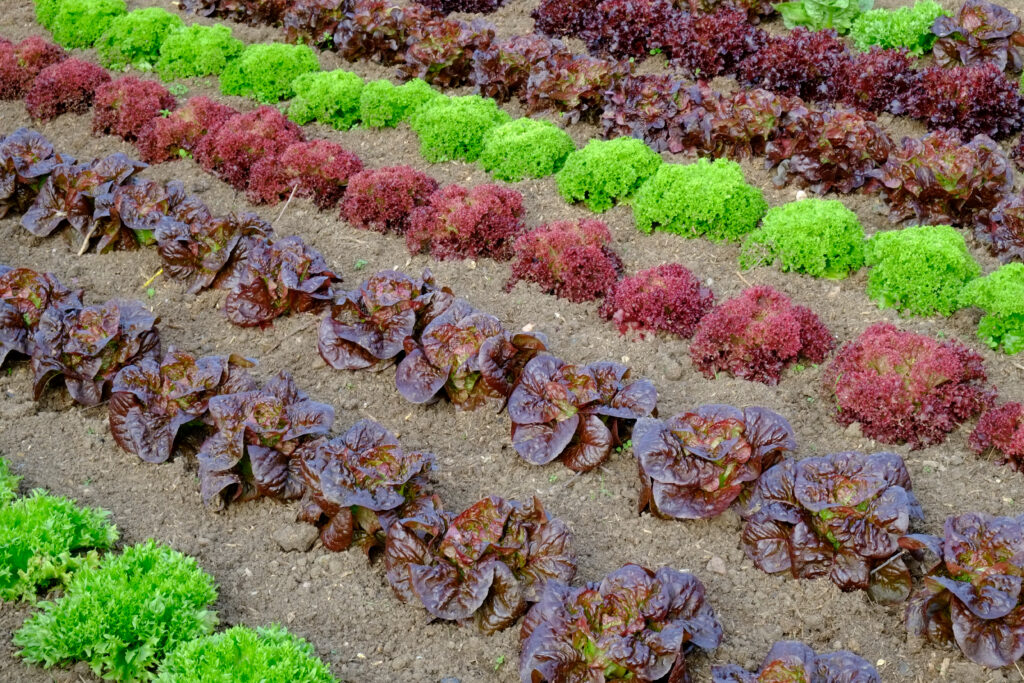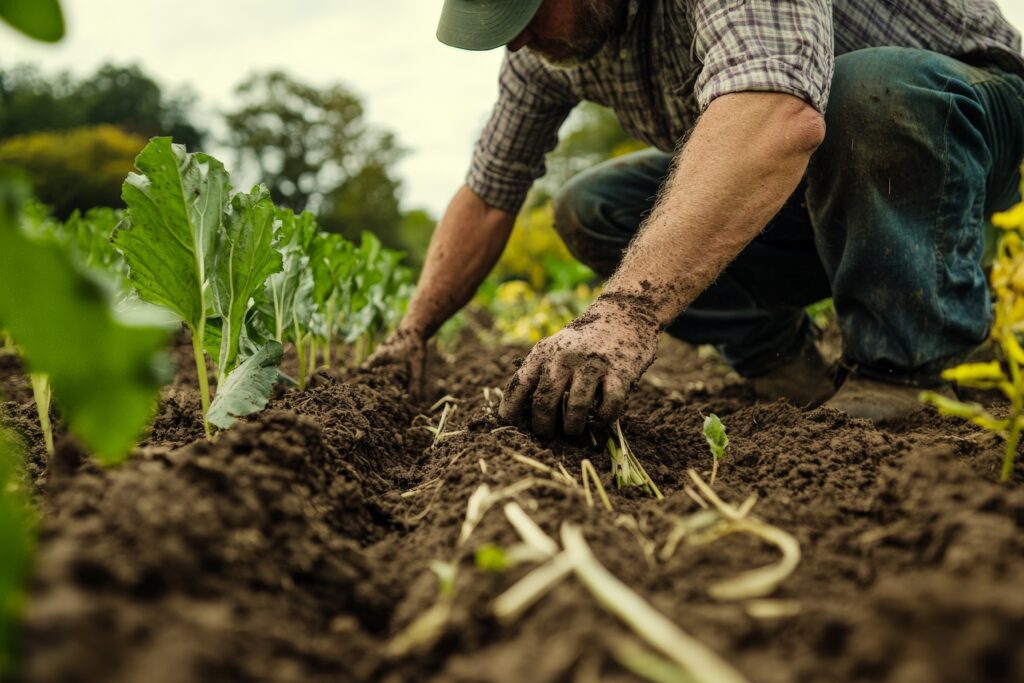British produce is taking centre stage in the fine dining world, with top chefs favouring local ingredients like never before. Driven by climate change concerns and consumer demand for locally sourced produce, fine dining establishments are using homegrown ingredients to create delicious dishes bursting with flavour.
From hearty vegetables like broad beans, leeks and asparagus, to sustainably sourced seafood, the UK’s rich and diverse agricultural landscape is producing world-class ingredients that can transform your menu and restaurant atmosphere.
In this guide, we’ll explore why British-grown ingredients are dominating gourmet cuisine and why you should consider using more British crops in your kitchen.
Why the shift to British produce?
There are several reasons why top restaurants are embracing homegrown alternatives, from sustainability concerns to changing customer values. Here are just some of the factors encouraging chefs to choose seasonal British produce.
Sustainability and carbon footprint
By sourcing British-grown ingredients locally, fine dining establishments can reduce food miles, lower carbon emissions from imports, and bring fresher, more sustainable dishes to the table.
Food from overseas travels an average of 1,500 miles to get to our plates – that’s quite an adventure for new potatoes. So, it’s no wonder that more and more environmentally-conscious chefs are opting to go local.
Brexit and supply chain issues
Post-Brexit trade disruptions have made imported goods more expensive and less reliable, prompting restaurants to seek out high-quality homegrown alternatives. It’s estimated that the cost of imported fruit and veg has gone up by around £200 million per year since Brexit.
British farmers and producers are stepping up to meet demand, offering exceptional seasonal ingredients that surpass the international competitors, keeping costs down and increasing profits for restaurants nationwide.
Changing consumer demand
Diners are more conscious than ever about where their food comes from. Many are actively seeking out local, in-season produce, both for its delicious taste and lower environmental impact. Ethical sourcing, sustainability, and support for British farmers are shaping consumer choices, pushing restaurants to adapt and innovate with the best produce the UK has to offer.
This shift to British produce isn’t just a necessity – it’s a celebration of Britain’s diverse and high-quality produce which is elevating the fine dining experience while being more environmentally conscious in the process.
The British produce stealing the spotlight
As more and more fine dining chefs embrace locally sourced produce, there are certain ingredients that are making waves in the industry, including:
- Heritage grains: Heritage grains such as spelt, emmer, and rye are rich in flavour and nutrients. These ancient grains bring a unique taste to artisan breads, pastas, and desserts.
- Unique and classic vegetables: From unusual vegetables like kalibos, sea kale and kalettes, to classics like potatoes, runner beans, courgettes and carrots. Combining different vegetables can help showcase the very best of seasonal produce, flavours and textures.
- High-quality meats: Us Brits are spoilt for choice when it comes to high-quality meat, from grass-fed beef from the Scottish Highlands, to rare-breed pork and lamb from traditional British farms. The best chefs prioritise ethical, sustainable farming to ensure superior flavour and quality.
- Speciality dairy: Dairy may not be what first comes to mind when you think of British produce. But there are several British cheeses that rival European varieties, including Cornish Yarg, Baron Bigod and Colston Bassett Stilton that are sure to take your dish to the next level.
The future of British produce
So what does the future look like for British produce? Local farming is being shaped by both innovations in sustainability and evolving consumer preferences. Advanced techniques like vertical farming are likely to evolve, allowing the UK to produce more food on less land all year round.
Looking forward, hyper-local sourcing is expected to become more popular, with restaurants forging closer relationships with nearby farms or even growing their own produce. Government support is also expected to help farmers transition to eco-friendly methods, such as introducing reforms to help farmers diversify their income streams to support them during poor harvests, and the government using its purchasing power to buy British food.
With innovation and industry backing, British produce is set to grow in popularity, particularly in the fine dining world, proving that locally sourced ingredients can be both luxurious and environmentally responsible.
Reach out to All Greens for locally sourced produce
Looking to elevate your menu with locally sourced, British produce? Get in touch with us today and see why hundreds of chefs around London already love using All Greens.
British Produce FAQs
What produce does the UK grow?
You may be surprised to know that the UK has a rich and diverse agricultural sector, despite its often cool climate. The UK produces a wide range of fruits (including berries and orchard fruits like apples and pears), vegetables (from potatoes and legumes to leafy greens and herbs), grains (such as heritage grains, wheat and pulses), dairy, and meats.
What makes British food unique?
There are several reasons why British food is in a league of its own. Not only is British food high-quality, it’s regionally diverse and rich in history. The UK takes seasonal, sustainable produce seriously, with its heritage grains, rare-breed meats, and artisanal cheeses, only adding to its character and charm. While rooted in tradition, British cuisine is constantly evolving, with new chefs blending classic techniques with global influences, making British food truly unique.

